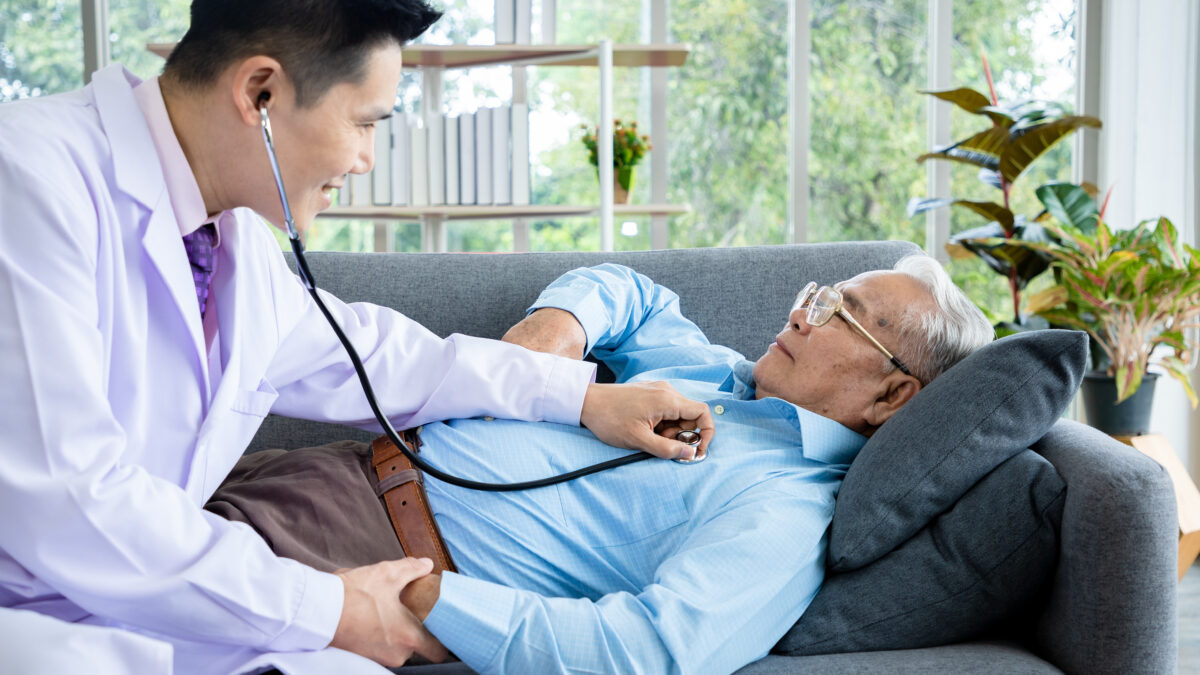As many as two in a hundred Americans may be living with a painful skin condition: hidradenitis suppurativa, or HS.
This condition:
- Causes lumps and abscesses to form in areas like the armpits, groin and buttocks.
- Is correlated with risk for other serious health conditions, like arthritis, diabetes, heart disease and certain skin cancers.
- Most frequently affects women, particularly Black and biracial women than in any other group.
Living with HS can be challenging.
HS can be caused by a number of factors – genetics, hormones, lifestyle factors, bacterial blockages or a combination of these. Most patients first notice the condition in early adulthood and can struggle with a cycle of flare-ups and remission for years.
Symptoms of HS are characterized by inflamed and infected skin, itchiness and sometimes chronic pain. The areas most likely to be impacted are where skin rubs against itself: under the arms, around the groin and under the breasts. These areas are generally covered, which contributes to the invisibility of the disease and may generate shame or secrecy in patients.
The condition is heavily stigmatized, too, and as such, can cause mental health challenges. Patients often express embarrassment about skin irregularities and may struggle to reassure close friends or potential sexual partners that the condition is not transmissible, nor an indicator of inadequate hygiene or other poor health. Stresses such as these can further exacerbate HS, unfortunately.
The need for accessible care.
Early diagnosis can help patients by limiting the severity of symptoms and improving outcomes. And though there is no cure for HS yet, treatments are becoming increasingly available.
These treatments include surgical intervention or draining of abscesses, as well as prevention tools like steroids, immunosuppressants, antibiotics and biologics. Supportive communities and connecting with other patients can further help patients, alleviating their emotional strain from living with HS.
Ensuring timely access to treatments is of the utmost importance: it can empower patients to lead more fulfilling lives and alleviate their suffering. Additionally, investing in research and awareness can promote early detection and foster understanding for HS patients, who far too often get forgotten.




